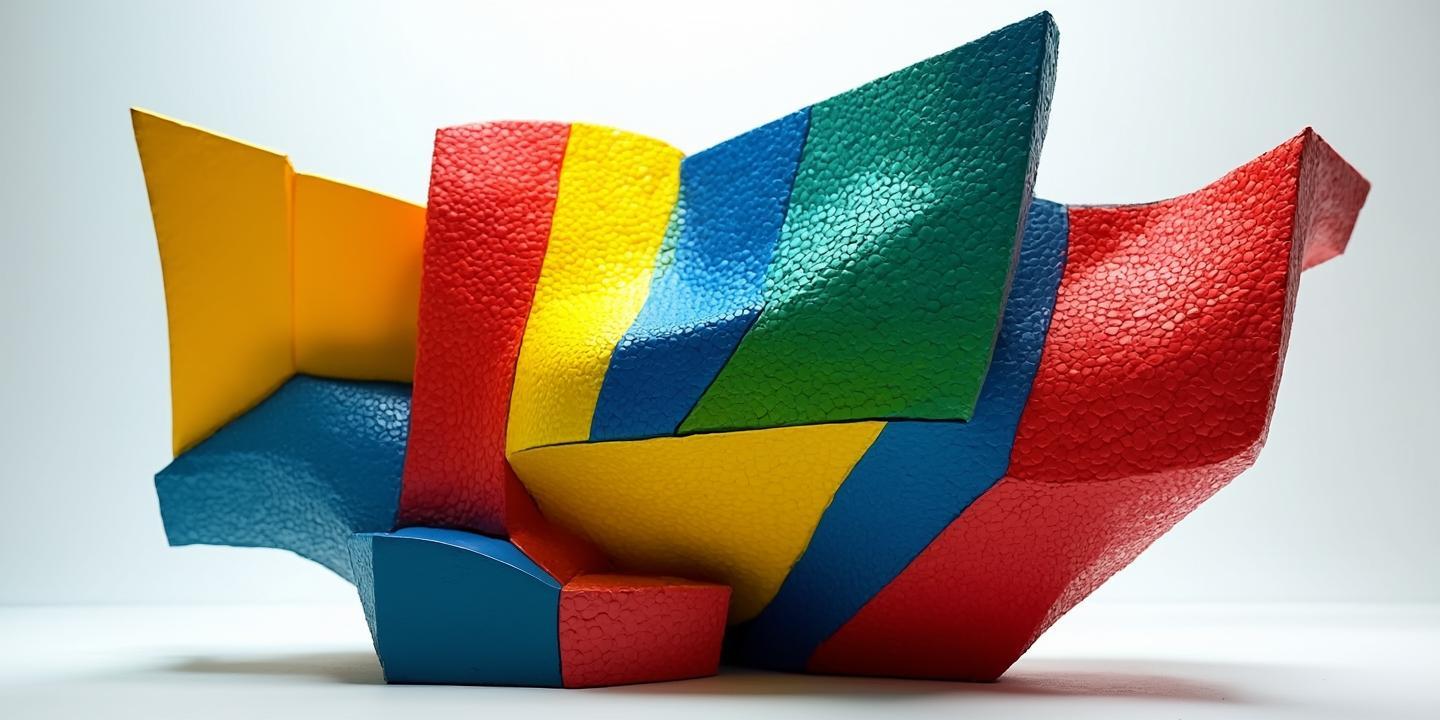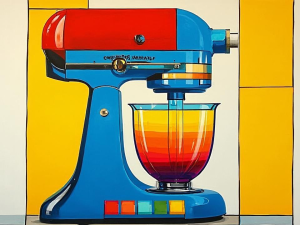```html

How Props Can Unlock Your World: A Practical Guide
You know that moment when you're trying to explain something complex, and suddenly grab a coffee mug to demonstrate planetary orbits? That's the magic of props - ordinary objects that become bridges between ideas and understanding. I've spent years collecting these tangible teaching tools, and here's what most instruction manuals won't tell you.
Why Your Brain Craves Physical Objects
Neuroscience shows our minds process 3D objects differently than screens. A 2021 Cambridge study found people remember 63% more when touching actual objects versus digital simulations. My worn-out teaching toolkit proves this daily:
- A tangled phone charger becomes DNA helix
- Lego bricks transform into molecular structures
- That weird keychain from Barcelona? Suddenly it's a metaphor for cultural adaptation
The Prop Selection Algorithm (That Nobody Talks About)
Through trial and error, I've developed an unscientific but effective filtering system:
| Prop Quality | Example | Why It Works |
| Texture matters | Sandpaper vs silk scarf | Triggers sensory memory |
| Unexpected pairing | Toothbrush explaining cybersecurity | Creates cognitive dissonance |
| Personal connection | Grandma's broken watch | Adds emotional weight |
My Most Embarrassing (And Effective) Prop Fails
Let's be real - not every experiment works. That time I used a banana to demonstrate server architecture? Disaster. The fruit kept bruising at crucial moments. But these failures taught me more than any success:
- Overripe avocados make terrible project management metaphors
- Never use scented candles when explaining chemical bonds
- Participants will always throw paper airplanes if given the chance
The secret sauce? Choosing props with built-in limitations. A slightly wobbly table becomes the perfect analogy for imperfect systems.
When Digital Props Actually Work Better
Contrary to my analog tendencies, some concepts demand digital props. Quantum physics simulations or fractal generators can't be replicated with office supplies. The key is hybridizing - using physical anchors for digital concepts. I'll often start with a rubber band to demonstrate tension, then transition to a digital tension visualization.
The Prop Whisperer's Toolkit
After ruining countless household items in the name of education, here's my battered but battle-tested arsenal:
- Magnetic poetry kit: Reconfigured for every workshop
- Assorted springs: From mattress coils to Slinkys
- Broken electronics: Circuit board Rorschach tests
- Dice with blank faces: Customizable probability models
Notice what's missing? Fancy educational toys. The most powerful props are recognizable but ambiguous - things people know but haven't examined closely.
Cultural Props: When Objects Speak Louder Than Words
Teaching international groups revealed something fascinating. A simple rice cooker can spark hour-long discussions about energy efficiency, cultural rituals, and thermodynamics. These culturally-loaded props work because:
- They carry implicit assumptions
- Invite personal stories
- Make abstract concepts locally relevant
My current favorite is demonstrating supply chains using different brands of chopsticks - the splintery cheap ones versus lacquered artisanal pairs tell entire economic stories.
The Prop Lifecycle: When To Retire Your Tools
Props have expiration dates. That wine cork that perfectly illustrated density in 2017? Now it just confuses Gen Z who've only seen screw tops. I keep a "prop graveyard" box to remind myself that even the best analogies grow stale.
The coffee's gone cold, and my desk looks like a thrift store explosion - but that's how you know the props are working. Tomorrow I'll probably use this half-eaten sandwich to explain software debugging. Because in the end, the best teaching tools aren't in catalogs - they're already in your world, waiting to be repurposed.
```













网友留言(0)